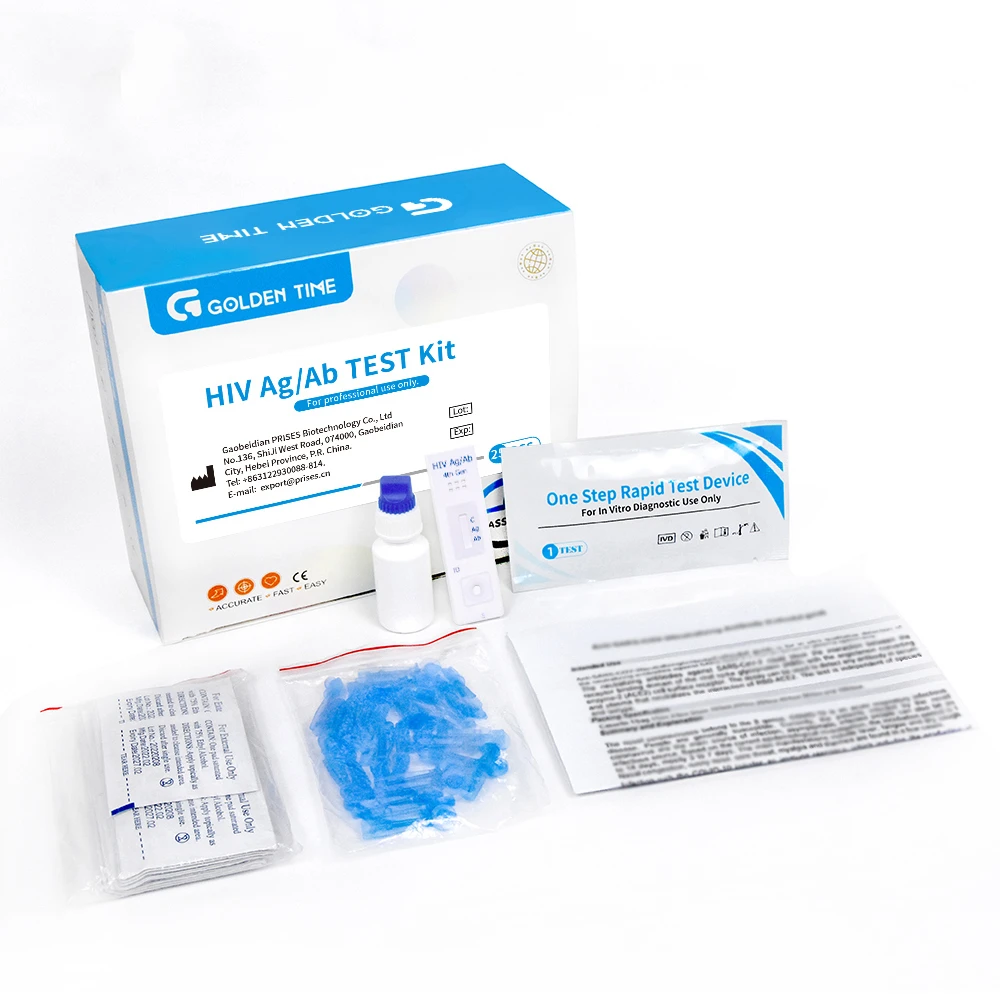Jan . 20, 2025 05:35 Back to list
tuberculosis test price
Navigating the tuberculosis test process, especially understanding its cost, plays a crucial role for many when making health-related decisions. Tuberculosis (TB), known for its severe lung infections, remains a concern worldwide. With the necessity of TB tests in various scenarios, knowing the price range is pivotal.
For individuals without insurance, various government and non-profit programs offer TB testing at reduced prices or even free of charge. The availability of such programs can be a critical resource for underinsured or uninsured individuals, allowing access to essential health services without imposing a financial burden. Choosing a TB test should be guided by personal health needs, potential exposure risks, and, importantly, one's financial situation. Consulting with a healthcare professional can provide tailored advice and help in understanding which test is the most suitable, considering both medical history and budget concerns. Further complicating the pricing landscape is the integration of TB tests into broader health packages. Many clinics and hospitals offer bundled services, where TB testing is included with other routine health screenings. These packages can offer value for money but may require a more substantial initial expenditure. Trustworthy information and transparency in pricing are essential for consumers navigating the healthcare system. Prospective patients are advised to contact healthcare providers directly for detailed pricing information and potential financial assistance options. Thorough research and comparison of available services can ensure informed decisions without unexpected financial implications. In conclusion, understanding the price of TB tests involves more than just knowing the numbers. It requires an appreciation of the factors affecting these prices and the examination of one's personal health and financial circumstances. Empowering oneself with knowledge about TB tests not only promotes personal health responsibility but also aids in safeguarding community health through early detection and prevention of tuberculosis spread.


For individuals without insurance, various government and non-profit programs offer TB testing at reduced prices or even free of charge. The availability of such programs can be a critical resource for underinsured or uninsured individuals, allowing access to essential health services without imposing a financial burden. Choosing a TB test should be guided by personal health needs, potential exposure risks, and, importantly, one's financial situation. Consulting with a healthcare professional can provide tailored advice and help in understanding which test is the most suitable, considering both medical history and budget concerns. Further complicating the pricing landscape is the integration of TB tests into broader health packages. Many clinics and hospitals offer bundled services, where TB testing is included with other routine health screenings. These packages can offer value for money but may require a more substantial initial expenditure. Trustworthy information and transparency in pricing are essential for consumers navigating the healthcare system. Prospective patients are advised to contact healthcare providers directly for detailed pricing information and potential financial assistance options. Thorough research and comparison of available services can ensure informed decisions without unexpected financial implications. In conclusion, understanding the price of TB tests involves more than just knowing the numbers. It requires an appreciation of the factors affecting these prices and the examination of one's personal health and financial circumstances. Empowering oneself with knowledge about TB tests not only promotes personal health responsibility but also aids in safeguarding community health through early detection and prevention of tuberculosis spread.
Latest news
-
Empty ABS Plastic Cassette for GPT-4 Turbo Storage | Secure & Reusable
NewsAug.05,2025
-
Rapid BZO Test Kit - Fast & Accurate Benzodiazepines Detection
NewsAug.04,2025
-
China Nylon Flocking Swabs - AI Enhanced Quality Collectors
NewsAug.03,2025
-
Highly Accurate hCG Pregnancy Test Strips - 5 Min Results
NewsAug.02,2025
-
Premium Empty ABS Plastic Cassettes: Durable & Lightweight Storage
NewsAug.01,2025
-
Accurate Cocaine (Coc) Rapid Test Kit | Fast & Reliable Detection
NewsJul.31,2025

